What To Consider When Purchasing A Vacation Home
Written by: Remington Joseph
As the weather changes and the holiday season grows closer, we’re nearing that time where many of us begin dreaming of nights bundled up by the imaginary fireplace, or bathing in the sun on a faraway beach. If either of these sound like something you’d enjoy, there’s a chance that you’ve at least imagined owning a vacation property. Not only can this serve as a great investment property like any other, but it doubles as a home away from home. As with any purchase in real estate, there are things you want to take into consideration before deciding a property is right for you. Finding the right vacation home does come with a few unique conditions to keep in mind however, that you might not realize when it’s your first time dipping your toes in these waters. To help you achieve that get away paradise dream you’re hoping for, here are a few important things to keep in mind when you’re on the hunt.
Plan Out Your Budget
While this tip serves as great advice for someone considering any major purchase, it’s especially important when you’re looking into purchasing a vacation home. When looking for a home, a method buyers usually deploy when creating their plan is by separating what they need out of a home from what they want. If your dream home turns out to be outside of your price range, you can always scale back until you’ve found a home you can afford that still meets all of your needs along with at least a few of the extra features you were hoping for. When you’re trying to find your dream vacation home however, you really don’t need to take needs into account. This is essentially a hunt for your dream home, and it’s pretty easy to go off the rails in that regard.
In addition to the purchasing price of the home itself, you also need to keep in mind the extra expenses that come with home ownership. Utilities, property taxes, insurance, and maintenance are just some of the additional costs that you’re going to be responsible for. Managing these costs throughout the year along those tied to your primary residence can easily become overwhelming if you’re unprepared, so it’s best to come up with a proper plan while setting aside some extra funds in case of emergency repairs.
Location Is Key
Much like when you’re searching for a new home or investment property, location should always be a deciding factor. When it comes to vacation homes however, the criteria for what makes a prime location is going to be entirely different, and it all comes down to personal preferences. If your idea of a dream vacation includes fishing, you’re going to want a vacation home somewhere near the water so that you’re not having to trek all of your fishing gear a long distance every time. If you’re hoping to have as much fun in the sun as possible, your vacation home shouldn’t be in an area that experiences rain or snow often.
Another factor to keep in mind is your vacation home’s distance from your primary residence. Whether your vacation home is a twenty minute drive, a weekend long road trip, or a plane ride away can transform a property from an escape into a hassle. If you’re hoping for more privacy during your vacation, you might want to consider a vacation home that’s more off of the grid, but doing so will mean having to take measures to ensure that you have basic needs such as electricity and running water, or figuring out a way to do without them. A great way to hunt the right vacation spot for you is to experience life there first hand. Taking a few trips to your desired location will give you a preview of what owning a vacation spot there might be like, before making any major commitments.
Newer Might Be Better
Unless you’re aiming for a certain aesthetic, you might want to seriously consider a recently renovated property. It’ll cost a little more, but the last thing you want to deal with during your vacation is having to try and find a repairman to come and fix your broken down washing machine. Perhaps more importantly though, an upgraded vacation home is easily going to double as a good investment property. When you’re not using it yourself, you can always treat it as a rental property, earning some extra income. If you can afford it, it’s definitely something to keep in mind.
At the end of the day, a vacation home is an investment property that does more than just add to your nest egg. It can serve as your escape from the real world, and if you have a family, it’s likely going to be the place where some of your fondest memories are made. Of all of the opportunities that real estate can give you access to, a vacation home is certainly one of the most fun ones, and not something you should miss out on if you can afford it.

